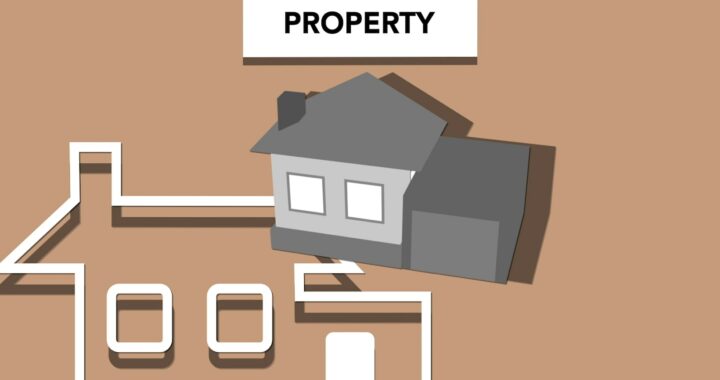
Diversify And Prosper: How To Invest 50k In Real Estate
How to Invest 50k in Real Estate
Thinking about how to invest $50k in real estate? Well, you’ve come to the right place. As an expert in the field, I’m here to guide you through the process and help you make informed decisions. Investing in real estate can be a lucrative venture if done wisely, and with $50k at your disposal, several options are available.
One strategy is to consider purchasing a rental property. This can provide you with a steady stream of passive income over time. Look for properties in desirable locations with strong rental demand and favorable market conditions.
Another option is to invest in real estate investment trusts (REITs). REITs allow you to pool your money with other investors and gain exposure to a diversified portfolio of properties without the hassle of direct ownership. This can be a more hands-off approach that benefits you from the potential appreciation and income of real estate investments.
Alternatively, flipping houses could be an attractive option if you have some experience or expertise in real estate development. With careful analysis and strategic renovations, buying properties below market value and selling them for a profit can yield substantial returns.
Finding The Right Real Estate Market
When investing $50,000 in real estate, one of the most crucial steps is finding the right market. Here are some key factors to consider:
- Research Local Market Conditions: Thoroughly research the local real estate market. Look for areas that have experienced steady appreciation in property values over time.
- Economic Stability: Consider regions with a stable economy and diverse industries. A robust job market, low unemployment rates, and population growth indicate an economically thriving area.
- Rental Demand: Assessing rental demand is essential to generate income through rental properties. Look for markets where vacancy rates are low and a high demand for rentals due to factors like proximity to universities or employment hubs.
- Infrastructure Development: Keep an eye out for areas experiencing infrastructure development or revitalization projects such as improved transportation systems, new commercial centers, or public amenities like parks and schools.
- Regulatory Environment: Understand local regulations related to real estate investments, such as zoning laws, tax incentives, rent control policies (if applicable), and any other legal considerations that may affect your investment strategy.
Finding the right real estate market requires thorough research and analysis specific to your investment goals and risk tolerance levels. Consult with local experts or real estate professionals with in-depth knowledge about your target area.

Researching Potential Investment Properties
When investing $50k in real estate, thorough research is crucial to make informed decisions and maximize your returns. Here are some essential steps to guide you in researching potential investment properties:
- Define Your Investment Strategy: Before diving into the research process, clarify your investment goals and strategy. Determine whether you want to focus on residential or commercial properties, rental income or property appreciation, or long-term or short-term investments.
- Location Analysis: The location of a property plays a vital role in its potential for growth and profitability. Look for areas with strong economic indicators such as job growth, population expansion, and infrastructure development.
- Market Trends: Stay current with the current real estate market trends in the areas you’re interested in investing in. Analyze historical data on property prices, rental yields, vacancy rates, and demand-supply dynamics.
- Property Valuation: Evaluate the fair market value of potential investment properties by conducting thorough property valuations. Consider factors like the property’s age, condition of the building and its systems (electrical, plumbing), required renovations, comparable sales prices in the area (comps), and rental rates for similar properties nearby.
- Financial Analysis: Crunch the numbers to determine if a prospective property aligns with your financial goals. Calculate key metrics such as cash flow projections (rental income minus expenses), return on investment (ROI), cap rate (the ratio between net operating income and purchase price), and break-even point analysis.
Take your time to gather as much information as possible, consult with professionals such as real estate agents or financial advisors if needed, and trust your instincts when selecting the right property for your investment goals. Happy researching!





